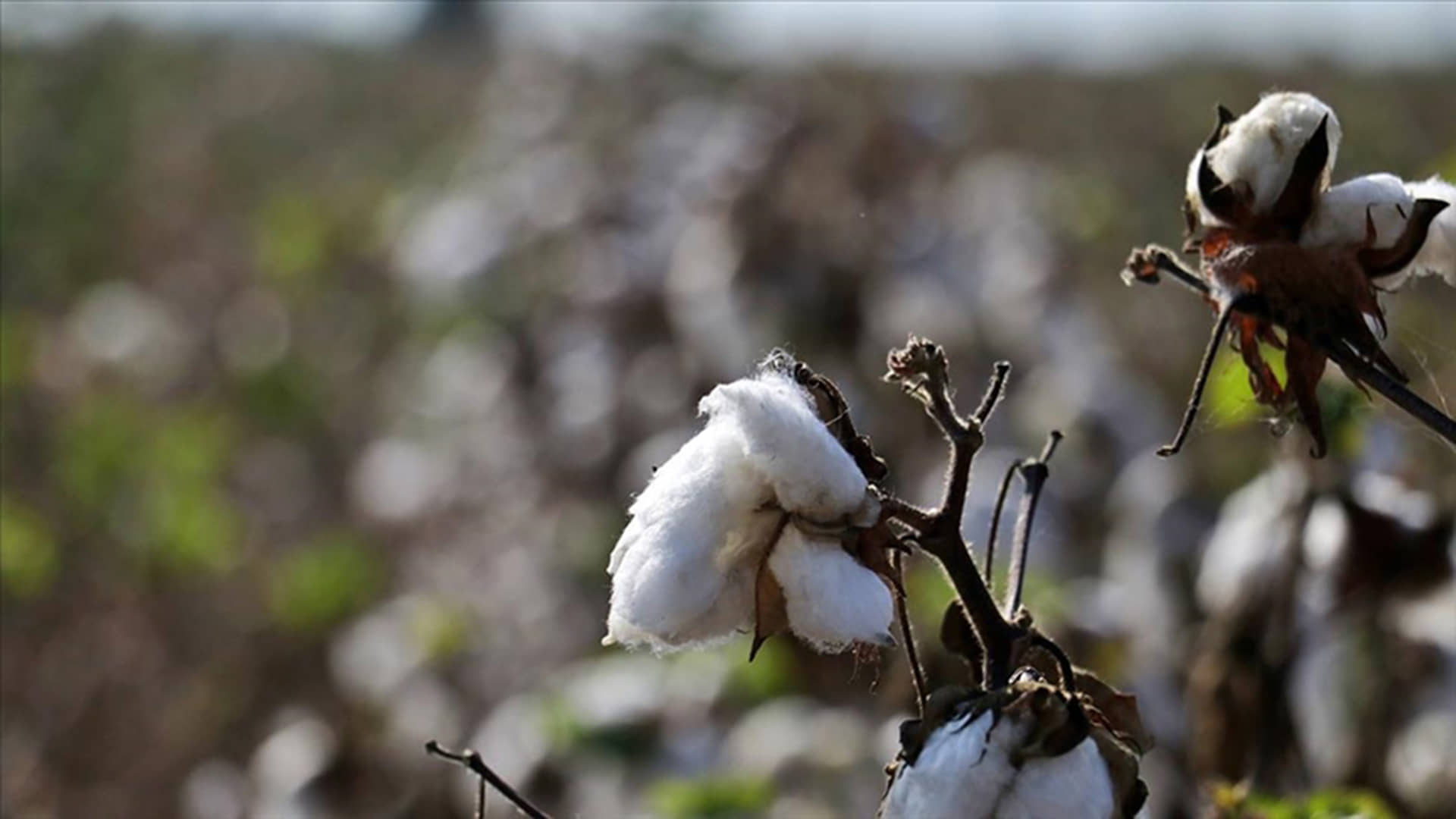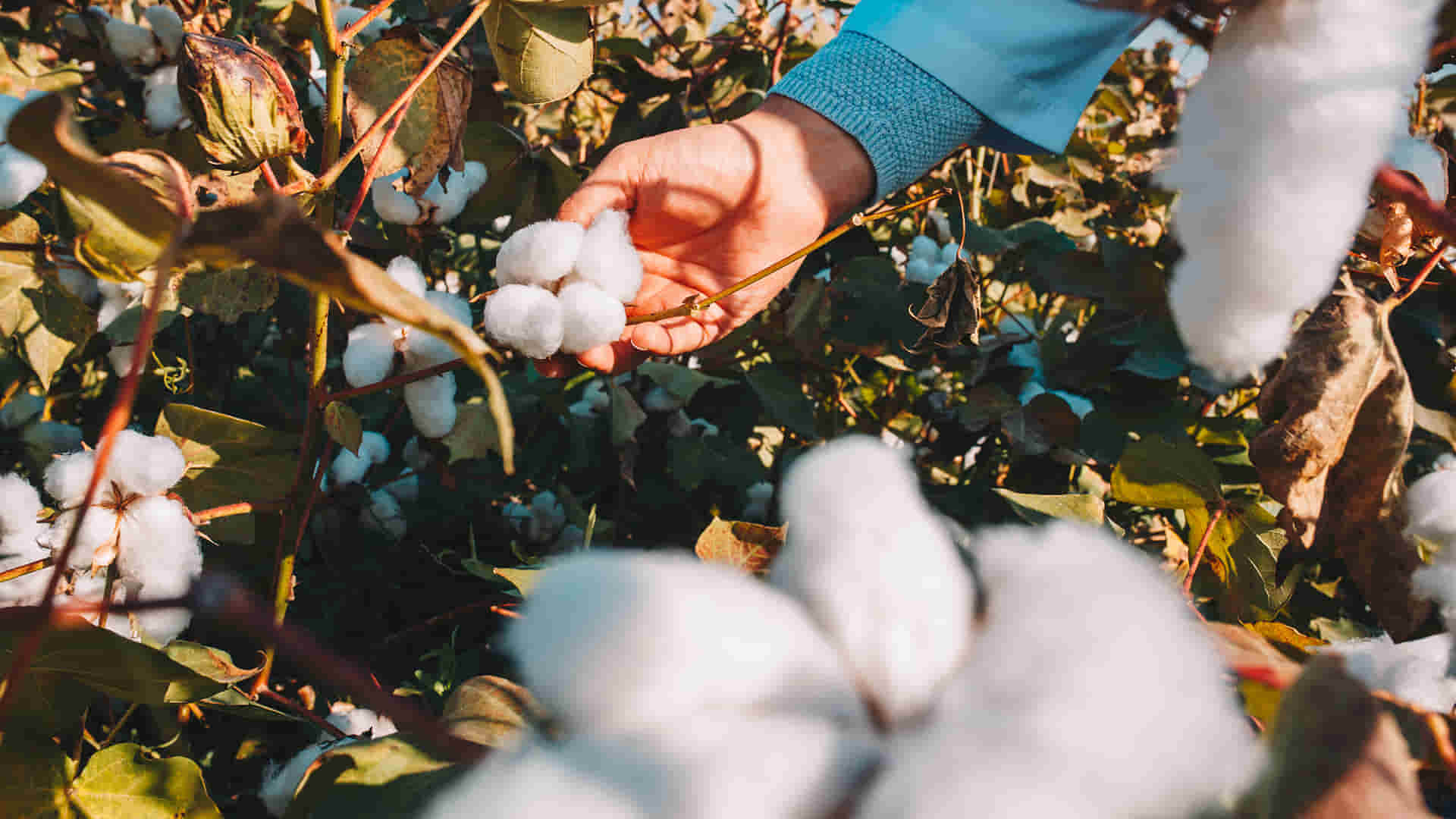The results of the 2023-2024 season Aegean Region are announced with the cooperation of Izmir Commodity Exchange, Izmir Chamber of Commerce, Aegean Exporters’ Associations, Söke Commodity Exchange, Aydın Commodity Exchange and Tariş Pamuk and Yağlı Tohumlar Tarım Satış Kooperatifleri Birliği (Oil Seeds Agricultural Sales Cooperatives Union) along with Ege University Faculty of Agriculture Soil Department. According to the estimation results of the Aegean Region cotton cultivated area and bulk production for 2023-2024, it was reported that the average yield was 4 thousand 403 kilograms per hectare on 104 thousand 493 hectares in the Aegean Region. Speaking at the meeting held in Izmir, Vice President of Izmir Commodity Exchange Bülent Uçak drew attention to the current situation of the cotton sector and warned that if fast and long-term solutions are not found foreign dependence on raw materials in the textile and apparel industry will increase.

‘Prices affect production and trade’
Stating that after the Russia-Ukraine war, the Israeli-Palestinian war is on the world’s agenda, Bülent Uçak emphasized that the loss of civilian and innocent lives is a crime against humanity. He pointed out that agricultural production and commodity markets are among the sectors most affected by wars, earthquakes and climatic events that prevent the normal flow of life, saying: “Producers and industrialists operating in the earthquake zone centered in Kahramanmaraş and Hatay represent almost 40 percent of the cotton sector. Many businesses in the region have been damaged by the earthquake and are operating with incomplete capacity. For the last nine months, the cotton market has not been in the expected and desired position. While world cotton prices are hovering around 60 TL per kilogram, our domestic cotton price cannot exceed 45-46 TL. Such a price structure negatively affects sustainable production and naturally trade.”
“Premium support should be increased to at least 5 TL per kilogram”
Bülent Uçak stated that long-term correct policies are needed and argued that agricultural production costs should be protected against the increase in exchange rates by providing access to financing for producers and industrialists. He remarked that the premium support should be increased to at least 5 TL per kilogram by saying; “If rapid and long-term solutions are not offered to the problems of the cotton sector, our cultivation areas and hence our production will decline further next year. In that case, the foreign dependency of our textile and apparel sector, which has an export income of over 30 billion dollars, will increase in terms of raw materials.”
179 thousand tons of cotton production expected in the Aegean Region
Bülent Uçak noted that the cotton yield estimates, carried out for many years, have yielded very successful outcomes and commented on the results of the Aegean Region yield estimates for the 2023-2024 season as follows: “Compared to the previous season, it is estimated that cotton cultivation areas in our region decreased by 12.3 percent to 104 thousand hectares. The average stump yield is expected to be 440 kilograms per decare. According to this, we anticipate that the production will be 460 thousand tons. In the new season, it is estimated that the ginning yield rate will be 39 percent and with this yield rate, the production of ginned (fiber) cotton will be 179 thousand tons.”

